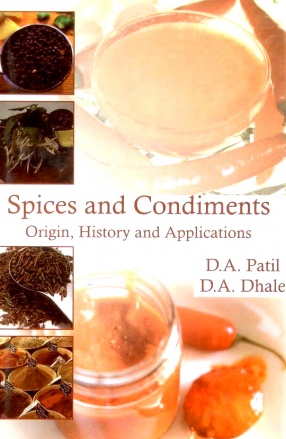
D.A. Patil

Showing all 11 books
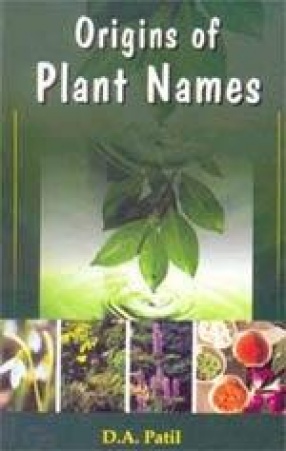
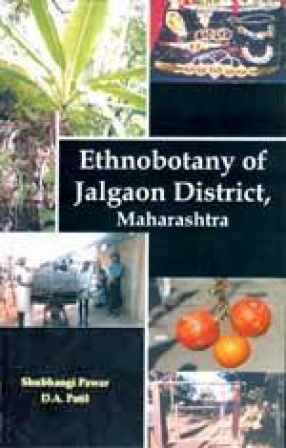
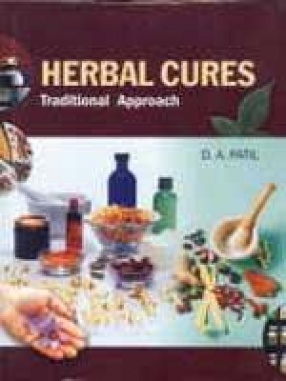
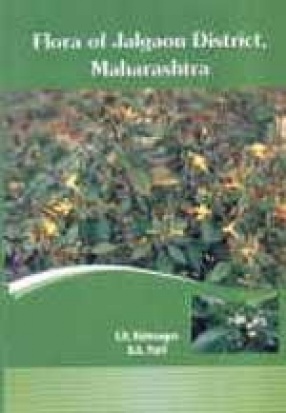

After food, medicine and spices of vegetable origin gained prime importance in human life. The spices vis--vis condiments undoubtedly got more currency even in historical times. The history of wars, voyages, travelogues, trades, discovery of new world and water ways, etc. are all replete with references to them. In modern times, their economic significance increased multifold as they are employed not only because of primary functions but also due to their ...
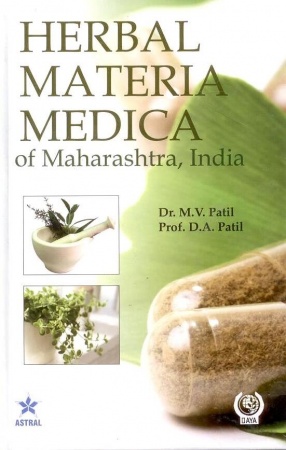
In primitive human societies, the process of acquiring knowledge about plants and medicinal utility was initiated concomitantly. Later both diverged from each other. The former led to the foundation of plant science and latter to medicine. Medicine developed from the desire and effort to heal human ailments and as such, origin of medicine is natural and traditional. Knowledge of medicine gradually developed in some organized systems of medicine worldwide. These ...
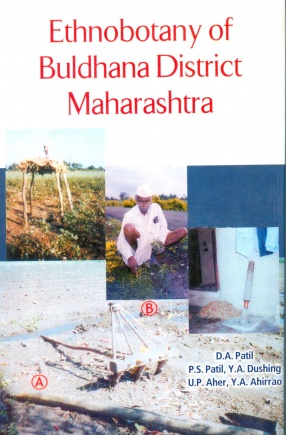
Ethnobotany, being interdisciplinary, has emerged recently as one of the most important branch of natural science. It has great relevance to the urgent needs of modern man. Ethnobotanists have an important role to play in man’s betterment. Many of our traditional and national resources are in short supply or running out. At this backdrop, studies on indigenous wisdom is an important stride. Present authors paid serious attention to ethnobotanically much ...

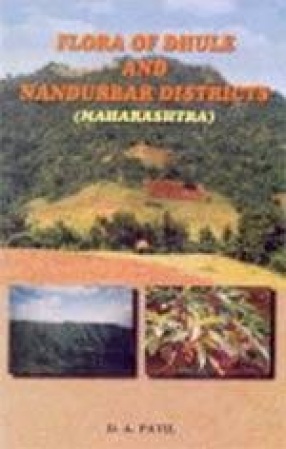
The pre-independence floristic studies in Indian subcontinent prompted Sir J.D. Hooker to the conclusion that "India has no flora as a separate entity but is an admixture of the floras from adjacent countries". However, post-independence attempts have convincingly demonstrated that India has a flora of its own. India has about 33% taxa endemic and is reported to harbour more endemic species of plants than any other region of the world except Australia. ...
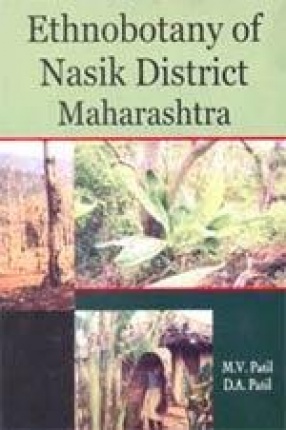
Emergence of ‘Ethnobotany’ as a distinct academic branch of the natural sciences and the use of traditional knowledge-base in patenting filliped systematization of indigenous knowledge world over. The modern civilization learnt many fundamental principles and age-old wisdom from the aboriginal and rural ethnic societies. Indian region is amongst the richest ethnobotanical treasures in the world. It needs factual documentation. Intensive and original research ...

India is one of the richest floristic regions of the world. Its plant wealth is being used since antiquity for various purposes. The plants are referred by their scientific names but usually ignoring their bases and meaning. ‘Origins of Plant names’ is a decade-long effort of the author encompassing about 3297 genera 974 species of Indian Territory. It informs about meanings, origins or history of Plant names. It includes wild as well as cultivated, ...

Indigenous knowledge and wisdom on the utilization of bioresources is of immense value to biodiversity planners and scientists in developing strategies in conservation, utilization and generation of wealth. Moreover, documentation of ethnobotanical knowledge in the form of database is also useful to protect IPR rights of the indigenous societies and prevent the same from misuse. These recent driving forces accelerated botanization worldwide from viewpoint of ...
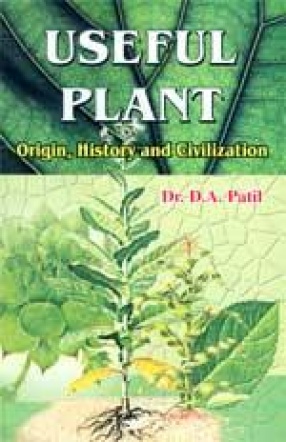
Plants, being regenerative resources, are studied generally from fundamental and economic point of views. Their origin, evolution, diversification, domenstification and migration however remain largely untouched especially from historical and cultural perspectives. The present author has attempted to focus the classically useful plants from these standpoints. While doing so, the author has endeavoured to collate brilliantly the two sciences ...

Recent explosion of interest in traditional medicines has been driven by the accelerated loss of indigenous plantlore, consideration of indigenous plantlore as national heritage, natural products research, new drugs derived from plants and becoming of western medicine more open to alternative approaches to healing. This interest has become episodic in nature and therefore needs many fora or platforms to disseminate the products of research in this regime. The ...

The present flora is an outcome of a comprehensive survey extended over the entire Hilly Satpura forests in Jalgaon district of Maharashtra. The present work provides a systematic account of 813 flowering plants grouped into 442 genera assigned to 105 families occurring in this under-explored area. The flora is based on the original research of the authors. It also provides dichotomous keys to the identification of plants, their currently accepted botanical names ...
